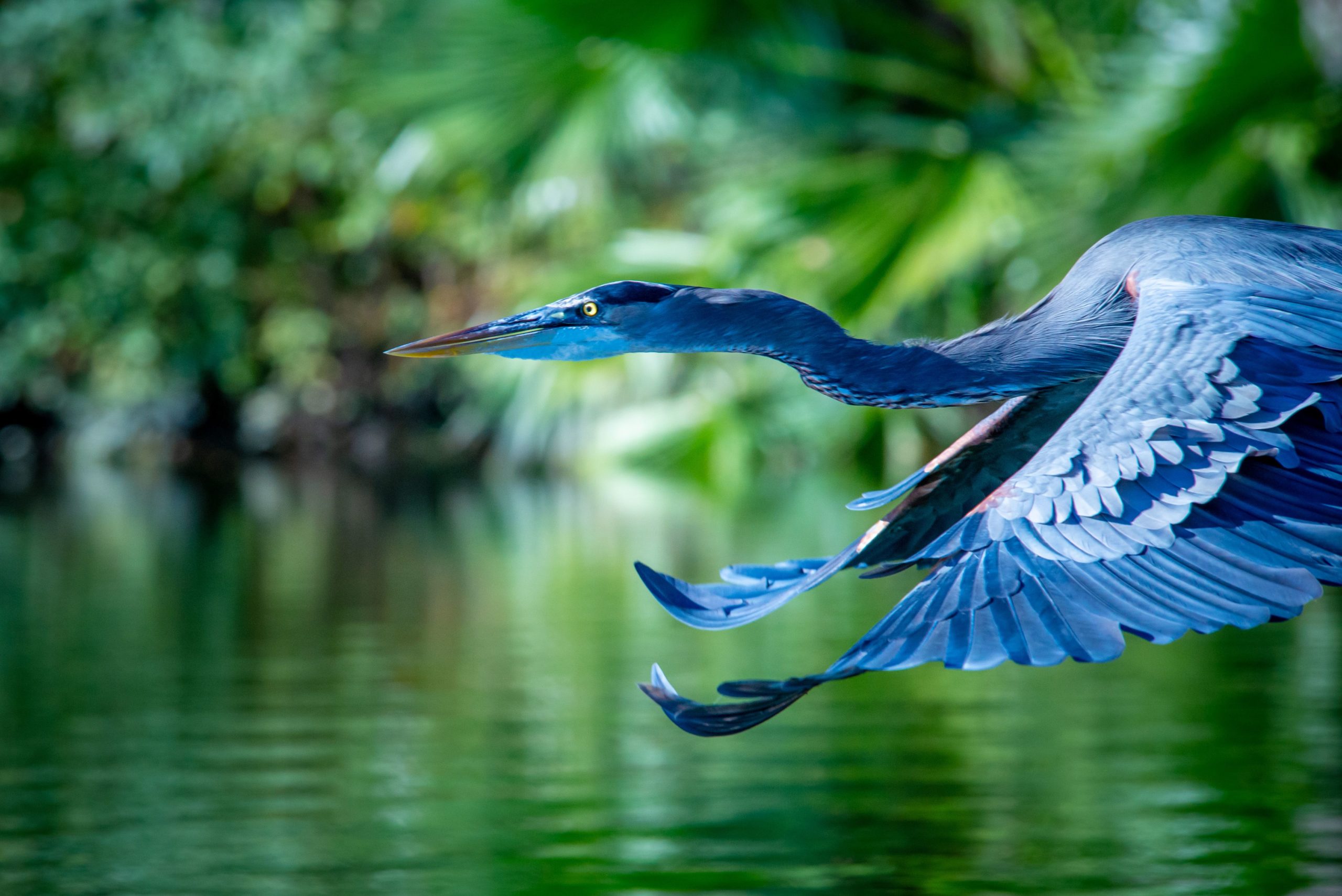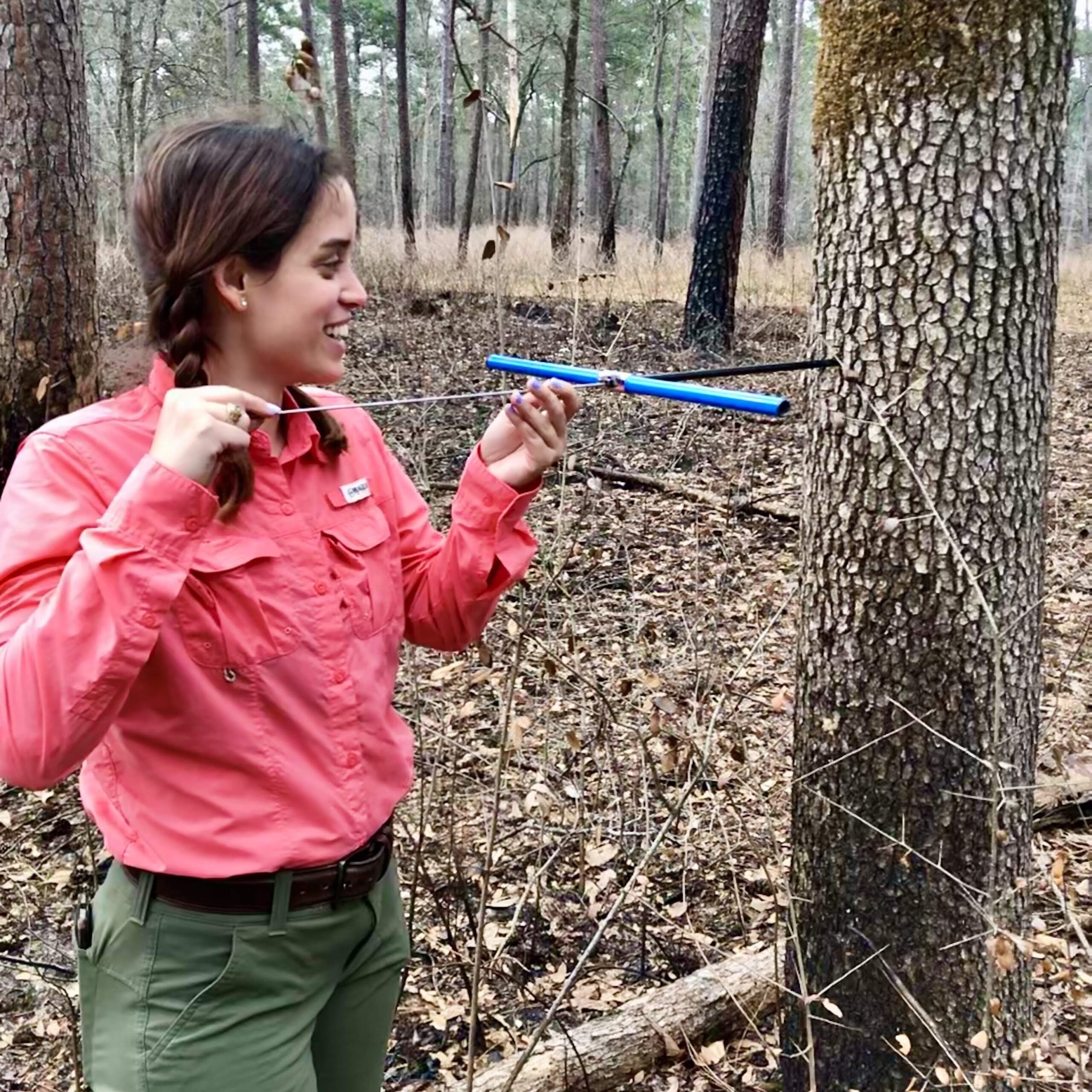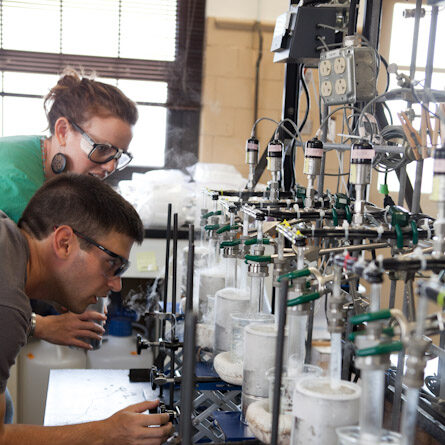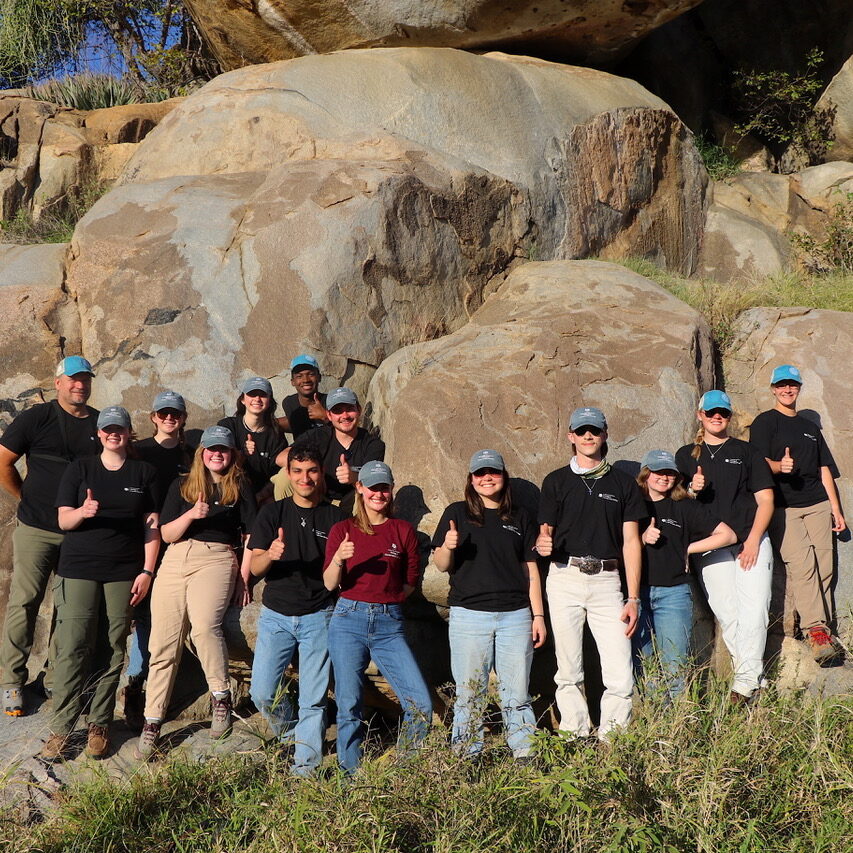
Department of
Ecology and Conservation Biology
Beyond a degree — a calling

6 Degree Programs
Our unique programs focus on engaging students in integrated teaching, research, and outreach programs to create skillful leaders in the field. Graduates are prepared for careers in stewardship and study of terrestrial and aquatic ecological systems.

29 Research Labs and Facilities
Our research endeavors are to develop new approaches and methodologies that advance both scientific discoveries and applications of ecological knowledge and evidence for effective biological conservation and natural resource and environmental management.

400+ Enrolled Students
Preparing the next generation with fundamental ecological knowledge and its application to biodiversity conservation, environmental health, and the management of complex systems, such as interactions involving aspects of ecology from genes to ecosystems, landscapes, hydrology, and climate.
Conservation in Cameroon
Watch our video to learn about our department’s work with Texas A&M’s Cameroon Biodiversity Protection Program. We’re turning research into real-world strategies that protect biodiversity for years to come.
Ecology and Conservation Biology News

New field ecologist brings expertise on rainfall, land use and biodiversity
Felicity Newell brings global research experience to Texas landscapes

Kirk Winemiller retires after 34 years of scientific, teaching impact
Texas A&M aquatic ecology researcher leaves legacy of discovery, leadership and student mentorship
Have Questions?
For degrees or admissions questions:
For general questions: